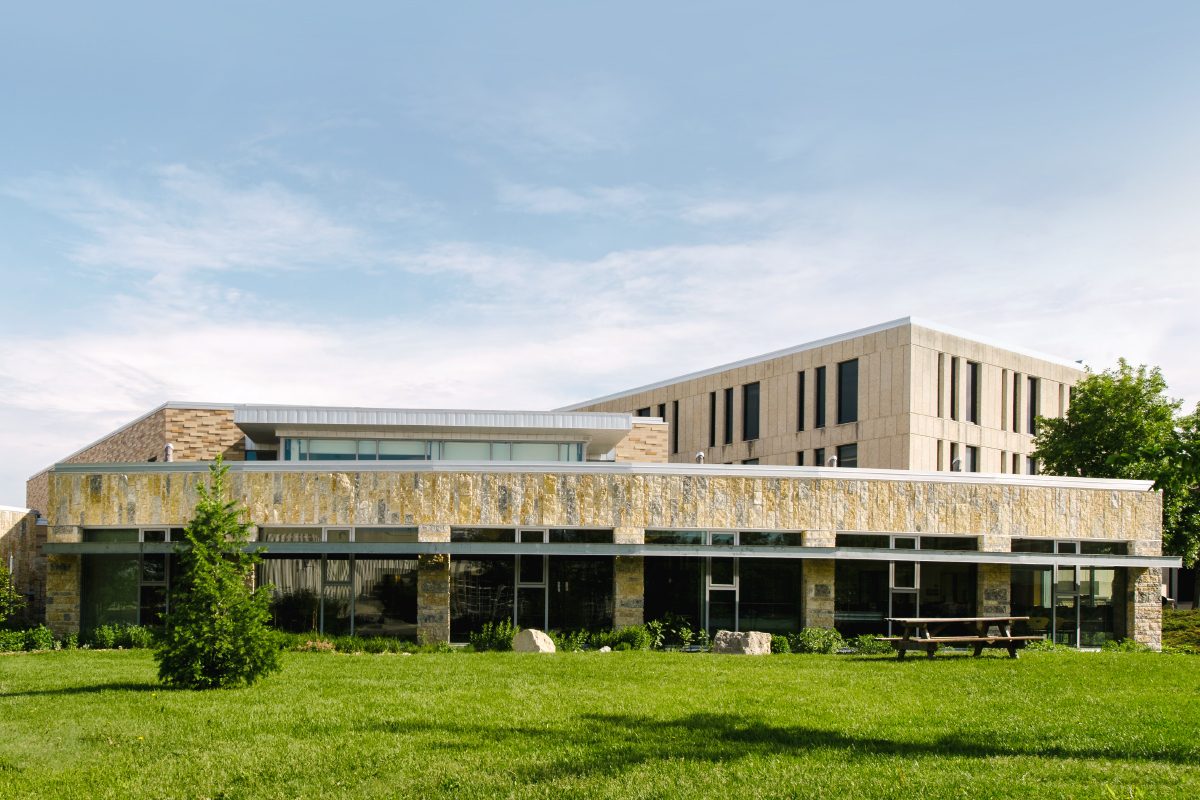
Migizii Agamik - Bald Eagle Lodge on UM's Fort Garry campus
Four Indigenous retirees leave lasting impact on campus
Celebrating four exceptional Indigenous leaders who recently retired from UM
The University of Manitoba is celebrating four exceptional Indigenous leaders who recently retired after years as teachers, mentors and leaders: Brenda Lafreniere (Métis/Cree/Ojibway), Carl Stone (Anishinaabe), Fred Shore (Métis) and Noreen Wichart (Métis).
With a combined nearly 100 years of traditional and contemporary knowledge, perspectives and values shared with the university, their departures mark a monumental shift for both the Indigenous and non-Indigenous campus community. Their dedication and perseverance broke down barriers and led to significant changes at the university. They have paved the way for current and future generations and their legacies will aid UM in furthering its commitment to ensuring a safe learning and working environment for Indigenous staff, students and faculty that we will carry into our future.
“It has been a privilege to work with all of the retirees – each have their own set of skills and expertise and all of us at the university have benefited from their knowledge, their kindness and their generosity as they shared that expertise with us,” says Dr. Catherine Cook, vice-president (Indigenous). “We are privileged to have had them with us as long as we did and we now wish them a long and happy retirement – it is well-deserved!”
We asked the retirees about their memorable moments and asked friends and colleagues to reflect on their accomplishments and legacy that lays the foundation for others.
Brenda Lee Lafreniere
Brenda Lee Lafreniere was acting associate director and counsellor with the Access and Aboriginal Focus Programs. For more than 30 years, Lafreniere advocated for and supported hundreds of students and their families. She is respected for her work to foster a greater understanding of Indigenous knowledges, culture and traditions, and, is, as one colleague said, “a warrior woman.”
Through her time at UM, Lafreniere:
- received an Indigenous Award of Excellence in the Lifetime Trailblazer category in 2020
- was a long-serving member of the Indigenous Advisory Circle, Annual Traditional Graduation Pow Wow Committee and Traditional Peoples Advisory Committee
- was a founding member of Gaa wii jii diyaang, a group that includes Indigenous and non-Indigenous peoples advocating for Indigenous Achievement at UM
A stand-out moment: “…was the grand opening of the Migizii Agamik building in 2008. This building is a home away from home and a safe place for students and staff. It provides a sense of belonging and is a meeting place that instills pride in who we are as a people and where we can showcase the beauty of our Indigenous culture.”
She is most proud of: “…helping to create a safe place for students to grow and feel empowered and proud of who they are as an Indigenous person. A defining moment for me was when I was honoured at the University of Manitoba Indigenous Awards of Excellence with the Lifetime Trailblazer Award in 2020.”
On students: “During my time at the university, I worked with many Indigenous students and it gives me a sense of great pride to see how resilient they can be amidst sometimes insurmountable odds. At convocation and the Graduation Pow Wow, they walk across the stage strong and proud to receive their degree and prepare the path for future generations.”
What others say about her:
“Brenda’s commitment has always been to the well-being of students as they walk along that difficult academic path…I don’t know if it can be realized what the university is losing at her departure. She holds the institutional memory of decades, she lent her voice to the need for the building of Migizii Agamik when it was still a dream, she has stood up to administrators who didn’t understand the needs of our students and she carried the burden with students when they were too tired to carry it on their own.
Our students have gone through so much and having someone like Brenda to be there for them when they need to be heard or when they need to be told to do better [is so important] – Brenda is a gem that is difficult to replace. She is a warrior woman and wherever her path in life takes her, she will do well and she will be missed.” –Diedre A. Desmarais, PhD, area director, Access and Aboriginal Focus Programs (Extended Education)
“Brenda Lafreniere is committed to supporting Indigenous students, staff and faculty in her role, and her generous spirit has provided a sense of well-being and confidence for all who had the ability to engage with her.” –Dr. Catherine Cook, vice-president (Indigenous)
Carl W. Stone
Carl W. Stone was a student advisor and cultural coordinator at the Indigenous Student Centre for over 22 years. He was instrumental in the creation and naming of Migizii Agamik – Bald Eagle Lodge, and well-known for organizing the Fireside Chats cultural education series. Colleagues describe him as a positive force for change – a welcoming, generous person committed to a stronger, more vibrant UM for Indigenous and non-Indigenous peoples alike.
Stone is a familiar face to many UM community members, leading traditional gatherings like the Annual Traditional Graduation Pow Wow, bringing prayers and honour songs at UM events and celebrations, and organizing programming like Zongiigabowin, a wellness program for male Indigenous students.
Stone:
- grew up on the Brokenhead Ojibway First Nation, where he helped bring back drum teachings, sweat lodges and pipe ceremonies to the community
- received a UM Award of Excellence in the Service category in 2016
- was publicly honoured as an Elder by the community at the 2019 Annual Keeping the Fires Burning gathering
A stand-out moment: “[…was] when we opened the doors to Migizii Agamik; building that took a lot of meetings and committed leadership and convincing to build.”
He is most proud of: “I loved working with the people I have worked with such as Kali Storm, Dr. Fred Shore, Randy Hermann and the Elders that lead the way with wisdom. I managed to work with two presidents of U of M and two directors to the Indigenous Student Centre. I saw and contributed to [the formation of] the Indigenous Achievement Office and the Office of the [Vice-President (Indigenous)].”
His hope for the future: “That curriculum will include correct Indigenous history in every respect and at all levels, including Indigenous contributions to the development of this country and the world. I see more buildings like Migizii Agamik created to mark the landscape of the Indigenous people such as the first nations of the Anishinabe, Cree, Oji-Cree, Dakota, Dene, the Inuit and the Métis Nation.”
What others say about him:
“Carl Stone is a kind and generous soul, a skilled orator with a great sense of humour and truly grounded in his cultural and traditional principles and values.” -Dr. Catherine Cook, vice-president (Indigenous)
“[Carl] came to the University of Manitoba as a student in 1977, so he carries a lot of institutional knowledge, which is why he is considered by many people to be one of the ‘keepers of the Indigenous history of the U of M.’ He’s very generous with his time and his stories. As a student advisor, Carl has been a passionate advocate for implementing holistic services so on their academic journeys, students grow and thrive as empowered, culturally-grounded and beloved human beings.
As a cultural teacher, Carl is kind, honest and funny. His self-deprecating humour is balanced with cultural pride and an effortless way of conveying the sacredness of the land, the language and the teachings […] Carl has touched the lives of so many people. People love Carl. It is an honour to know this man, and to work with him. Miigwech to you, my friend, and as you once said to me: May all the love travel with you.” -Christine Cyr, director, Indigenous Student Centre
“Carl is known for his wisdom, aptitude for storytelling and his ability to make people laugh. As a long-time colleague, he became a mentor, friend and cultural teacher. He has made a huge impact at the University of Manitoba and will be greatly missed. I hope his path will cross our campus again.” -Carla Loewen, student advisor, Indigenous Student Centre
Dr. Fred Shore
Dr. Fred Shore is retiring after 37 years as a loved and respected teacher, and a leading scholar in the rights and history of the Métis people.
A UM alum and long-time professor in the department of Native studies, Shore taught thousands of students to be proud of the origins, history and political systems of the Métis. He was an active advocate for Métis land claims and rights, and wrote widely about the Métis, including in his book, Threads in the Sash: The Story of the Metis People.
Shore advocated for all Indigenous students and was also instrumental in the realization of Migizii Agamik – Bald Eagle Lodge. Early in his career, Shore became head of the department of Native studies and was executive director of UM Accessibility for Visible Minorities, Persons with Disabilities and Aboriginal Peoples.
“I’ve received recognition for my time in teaching, but it’s the personal experiences expressed by the students that really matter,” Shore told UM Today in early 2020.
A stand-up moment: “[…was] the day the department [of Native studies] got its grad program.”
What he is most proud of: “I taught over 7,000 students what it means to be an Indigenous person in the positive sense.”
What he hopes will continue: “The department will continue to be a major part of the Indigenous presence in Winnipeg, Manitoba and nationally.”
What others say about him:
“Dr. Fred Shore has been a role model since I began my studies at the university – a Métis scholar, a strong advocate for Métis rights and issues, and a true collaborator with an ability to bring people together for collective action on issues.” -Dr. Catherine Cook, vice-president (Indigenous)
“I would like to share what an incredible story-teller Fred Shore is, both inside and outside of the classroom. His wealth of knowledge and lived experience is nothing short of extraordinary. If you’ve ever had the privilege of spending time with Dr. Shore, you would know he has the natural ability to tell the history of our People and Nations with humour, knowing winks and an impish smile […] I will surely miss his physical presence on campus.” -Nicole Stonyk, Indigenous student recruitment officer
“I first met Fred in the fall of 1997 in my first year of University when I took Intro Native Studies with him… The intro class totally changed my life. I took the class out of personal curiosity, as growing up as the daughter of a residential school survivor, I knew nothing about my ancestry, history or background.
As Fred explained things such as the Indian Act, treaties, residential schools, etc., all of the things that had happened to me in my life and the way my family was all started to make sense. I suddenly understood the experiences of violence, the drug and alcohol abuse, the involvement with CFS and this enabled me to not only begin my own healing process, but to also forgive my parents as I came to understand that they simply did not have the tools, skills or knowledge to deal with their own traumas.
I ended up taking every class that I possibly could with Fred, so not only the intro class, but all three Métis history classes. The one memory that really sticks in my mind is when I was still in first year and taking Intro Native Studies. Fred handed me back one of my papers and said, ‘YOU! GRAD SCHOOL!’ – which, of course, terrified me! I did indeed end up going on to do a master’s in Native studies and am now finishing a PhD in history […] I would not be where I am today without the mentorship and guidance I received from Fred.” -Karen Froman, PhD student, department of history, University of Winnipeg
Noreen Wichart
Noreen Wichart was acting area director and Professional Health Programs specialist with the Access and Aboriginal Focus Programs, with which she was involved for 15 years. Throughout her career, she helped Indigenous students achieve their goal of becoming health-care practitioners in a variety of fields.
Wichart is a former Access Program student herself, having returned to university as a mature student. She has made tremendous contributions to Access, Extended Education and the UM community at large.
At UM, Wichart:
- was camp director for the Health Career Quest Summer Camp, a math, health and science camp to help northern high school students achieve a career in health care
- received an Indigenous Award of Excellence (Faculty Trailblazer) and a number of Indigenous Initiatives Funds
- was an early advocate for Ongomiizwin Education at Bannatyne campus
What she will miss most: “[I]t has to be my students. I have worked with many of them for periods in excess of 10 years and have had the privilege to know them quite well during that time. I have learned a great deal from them due to their dedication, commitment, resilience and passion. I am so proud of the many stellar students who have gone on to accomplish great things as health professionals, not only locally, but nationally and internationally. It is so difficult to say goodbye to the team I work with, especially under current circumstances. It seems so unnatural not to say goodbye in person. I will truly miss all of my colleagues […] I have always valued their support, insights, and efforts.”
Her hope for the future: “I truly hope that the Health Careers Access and Professional Health Programs, through the Access Programs, continue to provide Indigenous students with the supports they need to enter the health professional colleges. In fact, I hope this area will see expansion in the future. We are still a long way from adequate representation in the health professions.”
What others say about her:
“Noreen Wichart has worked tirelessly to support and advance Indigenous students in achieving success and reaching their goals – her passionate commitment to this issue, coupled with a great sense of humour, has carried her through some very trying times as she assertively advocated for resources and supports for Indigenous students.” -Dr. Catherine Cook, vice-president (Indigenous)
“I think it is safe to state the success of the Health Careers Access Program (HCAP) is largely due to Noreen’s commitment to the success of the program, her solid relationship with students and the connections she has built with the health faculties on the Bannatyne campus. One of Noreen’s students, who just graduated as a medical doctor, met Noreen as a high school student in the Heath Careers Quest Summer Camp, then became an HCAP student, was accepted into medicine – and the rest is now history.
Noreen’s presence has left an indelible mark on the lives of so many; she is irreplaceable. We thank her and we will miss her.” –Diedre A. Desmarais, PhD, area director, Access and Aboriginal Focus Programs (Extended Education)







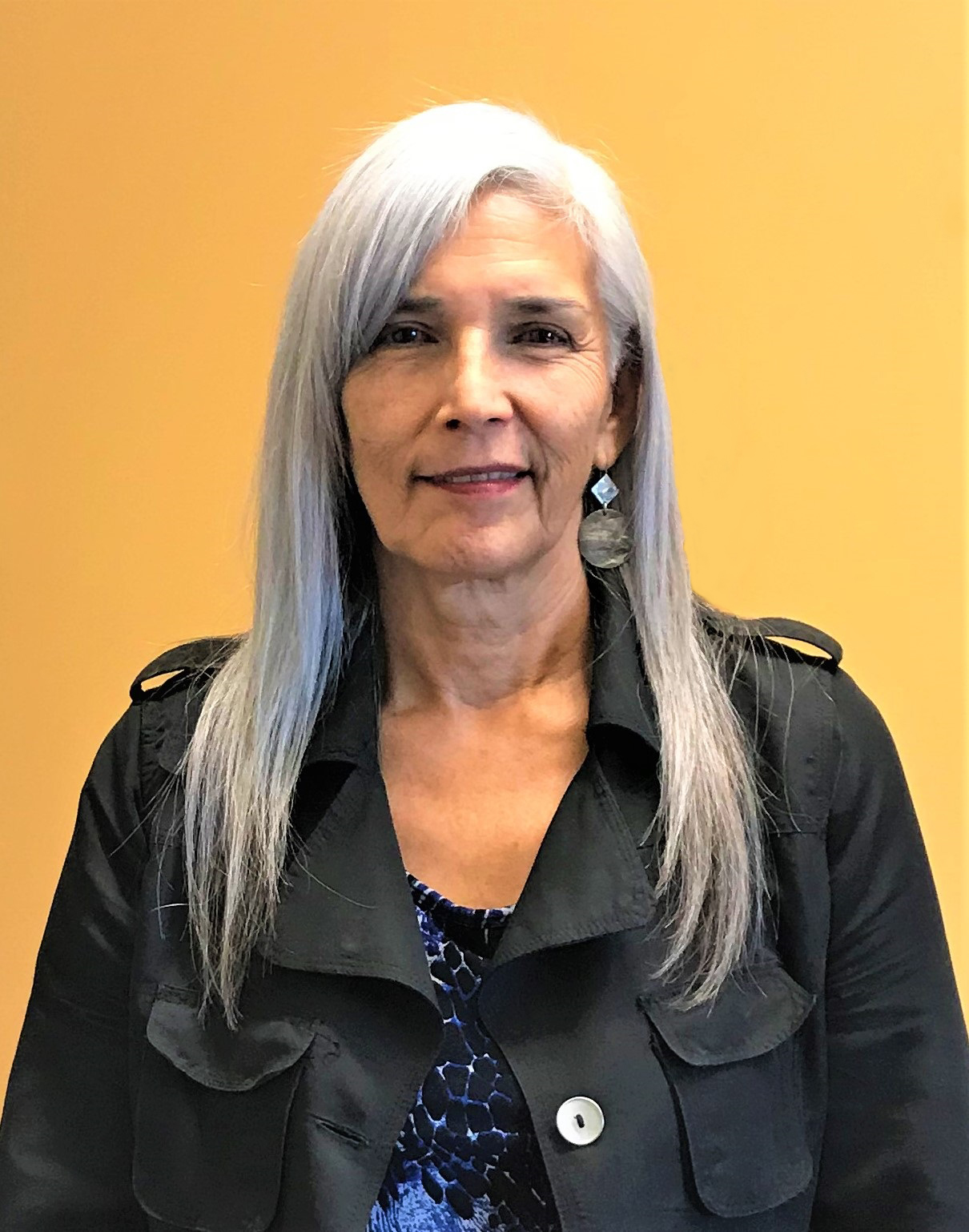
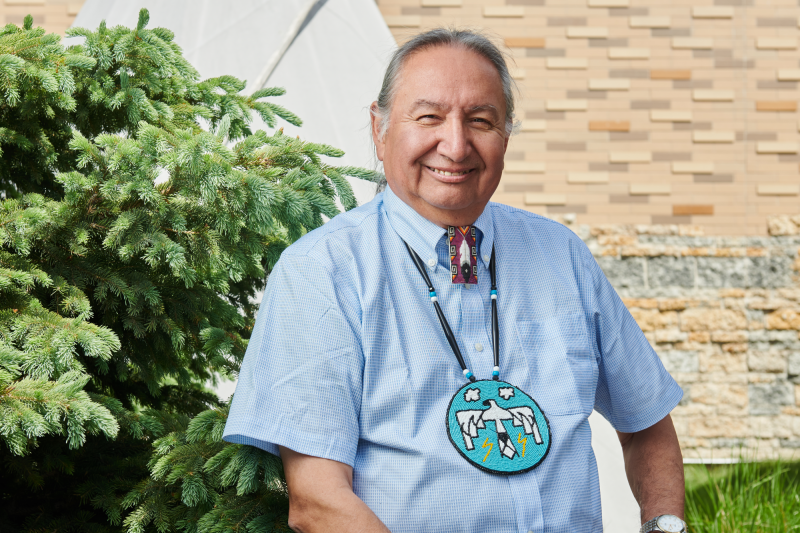
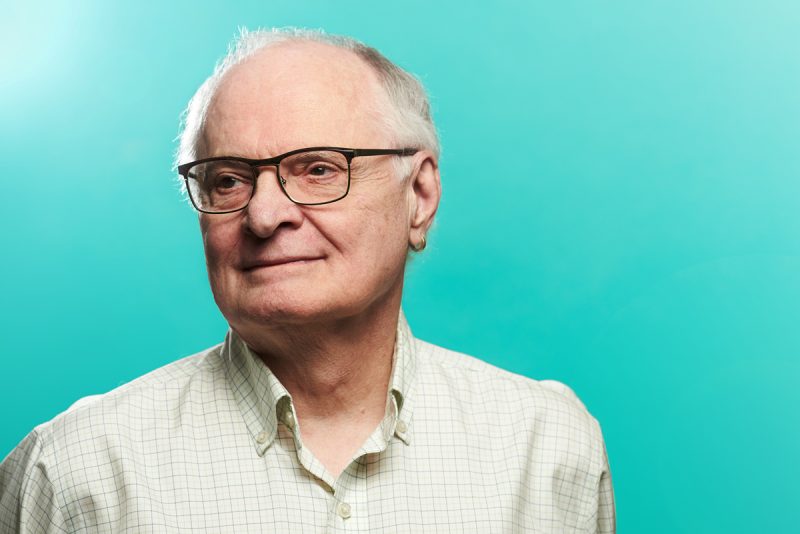
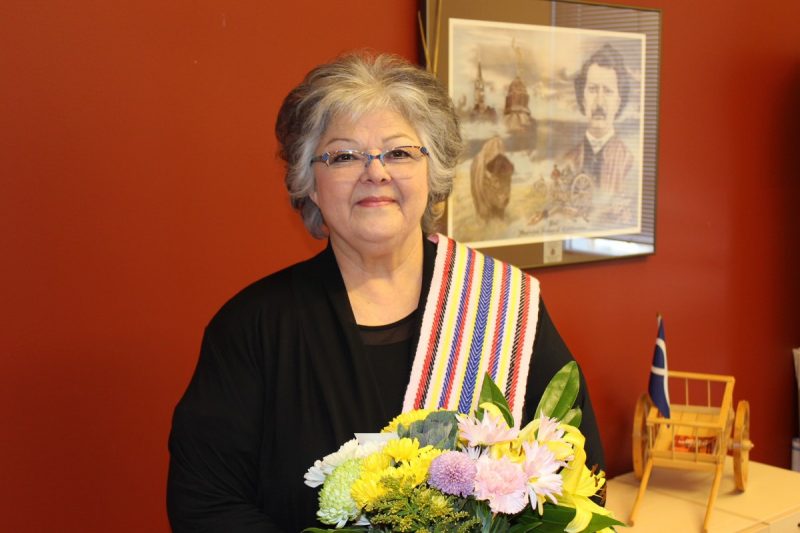
I know 3 of the retiree’s. One my advisor in Access, one a professor, and one a mentor. I feel privileged that I have had these people in my life at one time or another. Without them I may not be where I am today! Meegwich!!